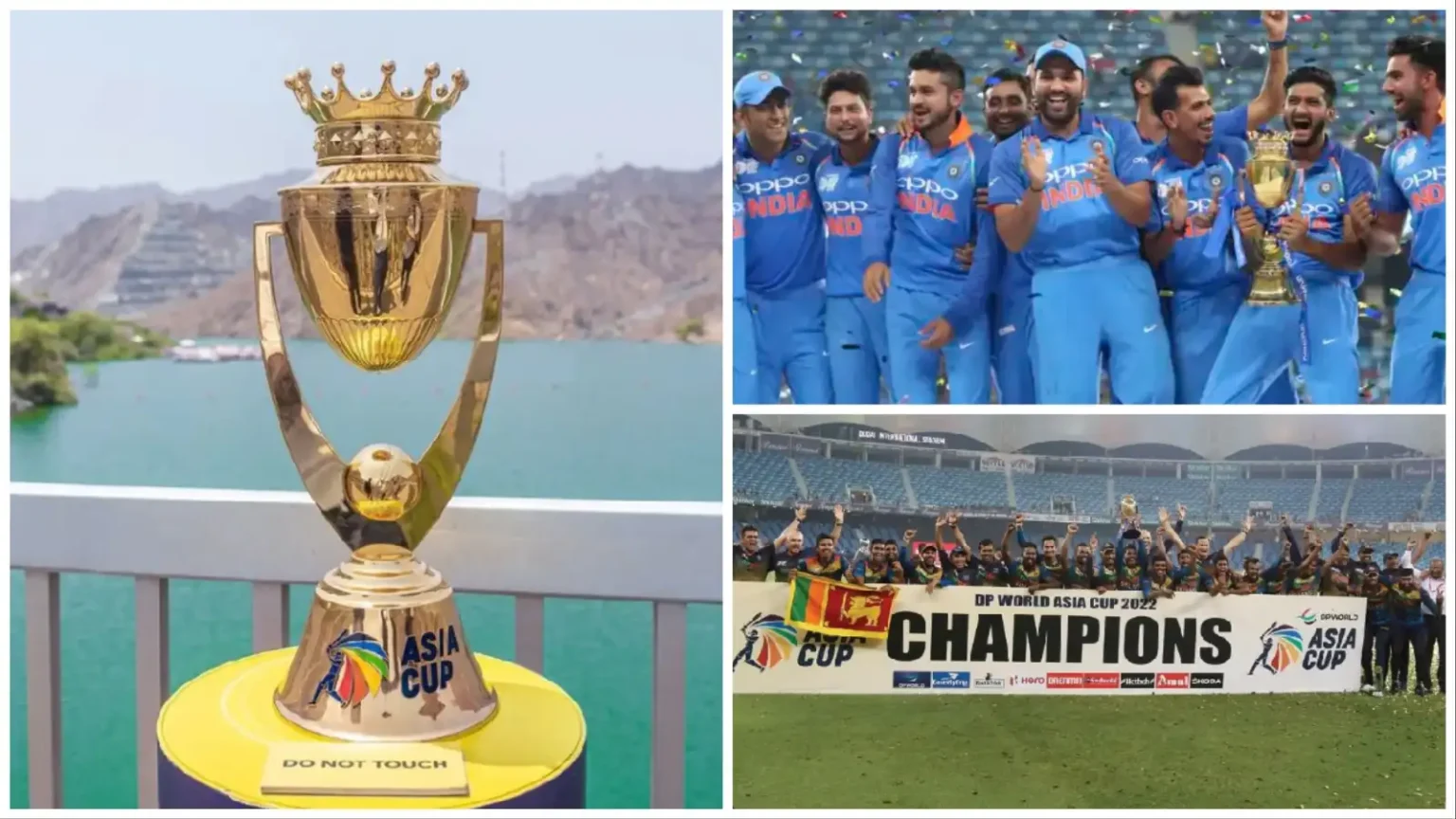The recent Asia Cup culminated in a dominant victory for the Indian cricket team, a feat celebrated with the customary fervor one expects from such a prestigious tournament. Yet, beneath the surface of triumph, a peculiar drama unfolded, leaving the ultimate symbol of success – the glittering trophy itself – in an unprecedented limbo. This isn`t just about a piece of silverware; it`s a telling tale of how deeply geopolitical currents can penetrate the seemingly impermeable world of sport, turning a moment of sporting glory into a diplomatic incident.
The Locked-Away Laurels: A Trophy Held Hostage
The scene was set in Dubai, the host city for the final match where India decisively defeated Pakistan on September 28. Following their stellar performance, the Indian squad awaited the traditional presentation ceremony. However, what transpired next veered sharply from established protocol. Mohsin Naqvi, in his capacity as the Chairman of the Asian Cricket Council (ACC) – and notably, also the Chairman of the Pakistan Cricket Board (PCB) and Pakistan`s Interior Minister – was expected to present the trophy.
According to reports, the Indian team refused to accept the trophy from Naqvi directly. In a remarkable turn of events, Naqvi then reportedly walked away with the trophy, taking it to the ACC`s headquarters in Dubai. There, he issued explicit instructions: the trophy was to be “locked away” and “not moved or handed over” without his personal approval and presence. It seems the victory celebration for India was to be put on hold indefinitely, or at least until Naqvi himself decided it was time. One might wonder if the trophy had committed some offense to warrant such confinement.
Beyond the Boundary Ropes: Geopolitics on the Pitch
To understand the gravity of this incident, one must look beyond the green expanse of the cricket field. The entire Asia Cup tournament was, regrettably, overshadowed by heightened tensions between India and Pakistan. This diplomatic chill was exacerbated by a recent terror attack and manifested overtly within the tournament itself. Players reportedly refrained from shaking hands, and gestures on both sides were interpreted as politically charged. Naqvi, a senior government minister, also reportedly made political statements on his social media platforms, further blurring the lines between sport and statecraft.
It`s a delicate balance, trying to keep politics out of sports, but when the very head of a regional cricket council is also a high-ranking minister from one of the disputing nations, the lines inevitably become a complex tapestry. The locking away of the trophy, therefore, can be viewed not just as an administrative decision, but as a stark symbol of this interwoven political landscape.
A Question of Protocol and Precedent
The Board of Control for Cricket in India (BCCI), who were the official hosts of the Asia Cup event, quickly took strong exception to Naqvi`s actions. The BCCI views this as a significant breach of established cricketing protocol. Typically, trophies are presented by relevant sporting dignitaries immediately after the final match, often to a representative of the winning team, or in some cases, to the national board. Naqvi`s insistence on personally handing over the trophy, despite the circumstances, and subsequently withholding it, has raised serious questions about the governance of the Asian Cricket Council.
This incident sets a potentially troubling precedent. If a governing body`s chairman can unilaterally decide when and how a trophy is presented, it undermines the very essence of fair play and the ceremonial recognition of sporting achievement.
The ICC`s Court: What Lies Ahead?
The BCCI has vowed to escalate this matter to the International Cricket Council (ICC) in their upcoming meeting. This isn`t merely a procedural complaint; there is widespread speculation that the BCCI may push for Naqvi`s censure or even his removal from his position as a Director in the ICC. Such a move would undoubtedly send ripples through the world of international cricket administration.
The ICC, as the global governing body, will be tasked with navigating this complex web of sporting tradition, geopolitical sensitivities, and administrative decorum. Their decision will not only impact the fate of the Asia Cup trophy but could also redefine the boundaries of political involvement in sports governance. It raises the critical question: Can the spirit of cricket truly thrive when its symbols of victory become bargaining chips in a broader political game?
The Unseen Cost: Damage to the Game
While the immediate focus is on the trophy and the officials involved, the real casualty might be the sport itself. Incidents like these distract from the incredible athleticism, skill, and dedication of the players. They erode public trust in sports administration and fuel cynicism among fans who wish to see fair competition celebrated without external interference. Cricket, often lauded as a gentleman`s game, risks losing some of its sheen when such controversies dominate headlines over heroic performances. It serves as a stark reminder that even a simple trophy presentation can become a battleground, reflecting deeper, more complex antagonisms that ultimately overshadow the unifying power of sport.

